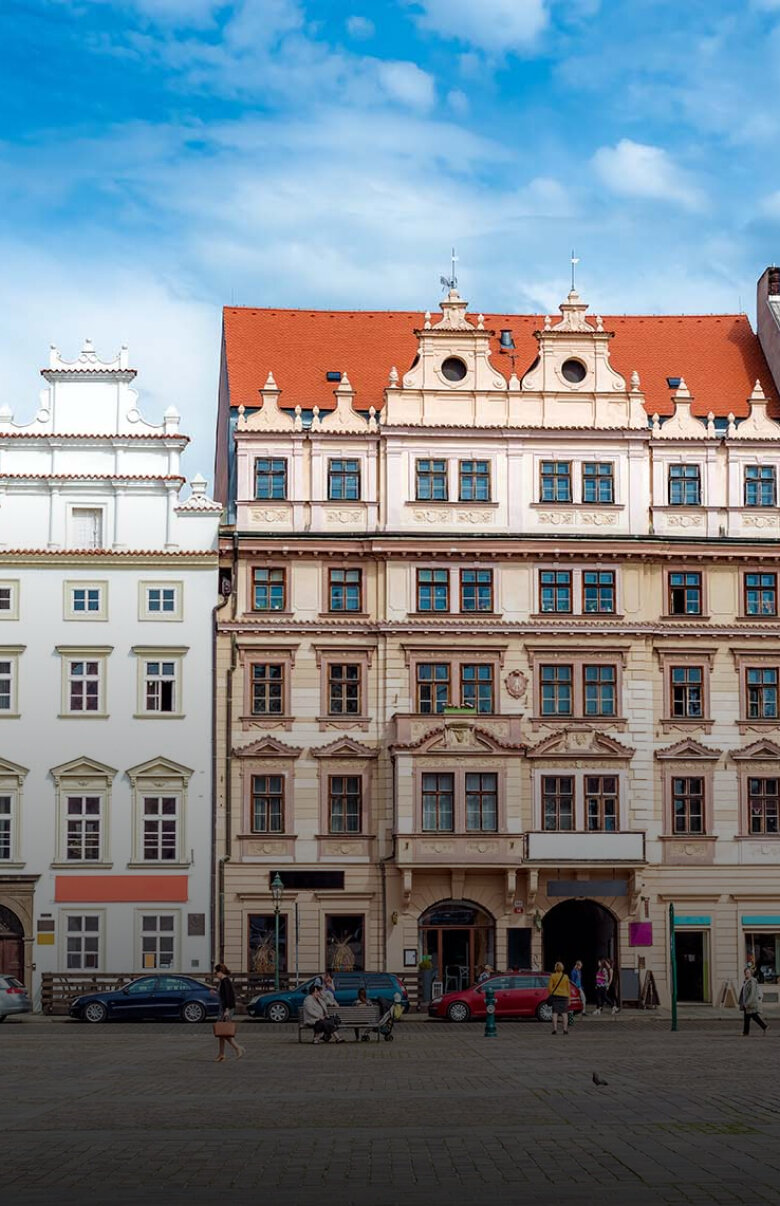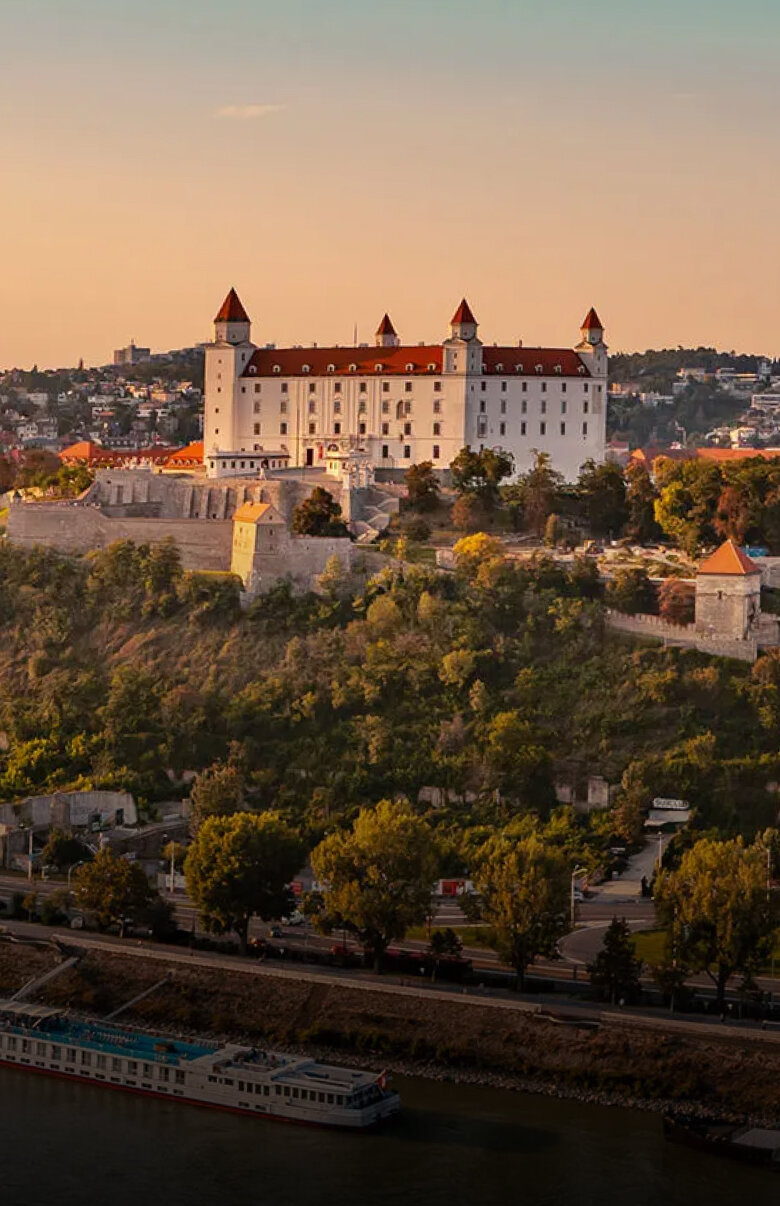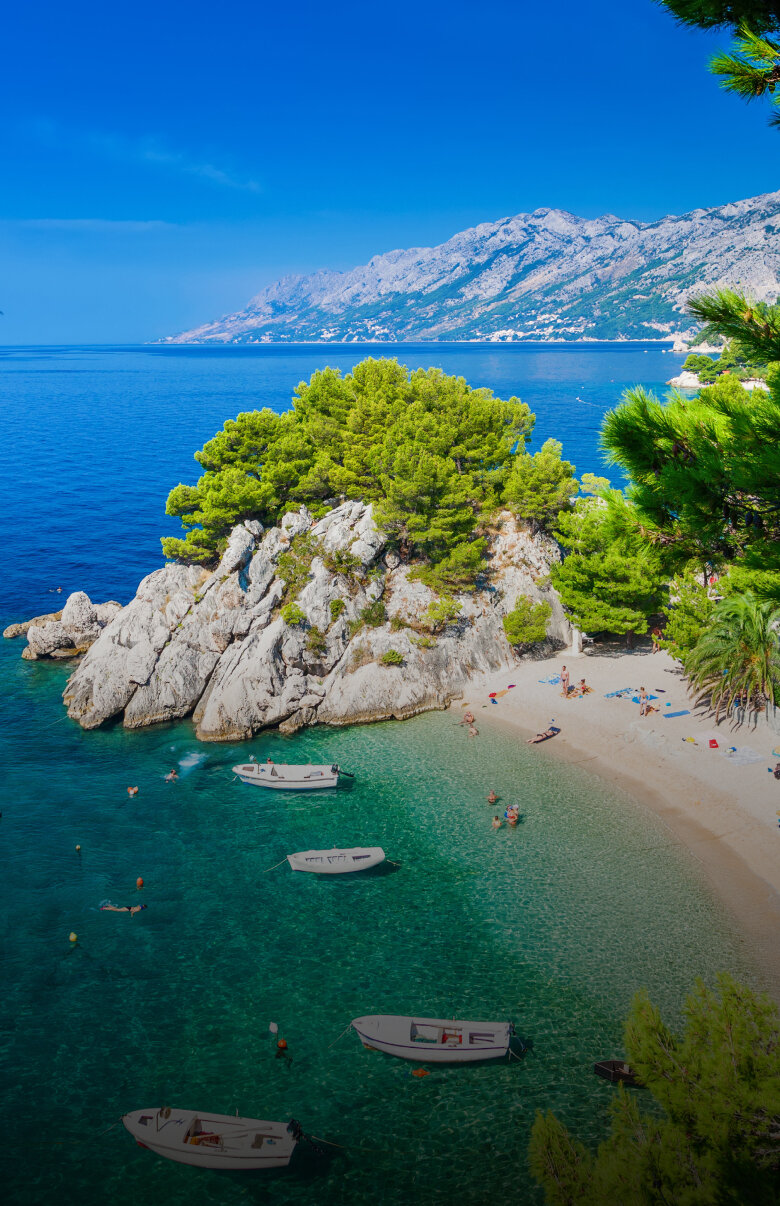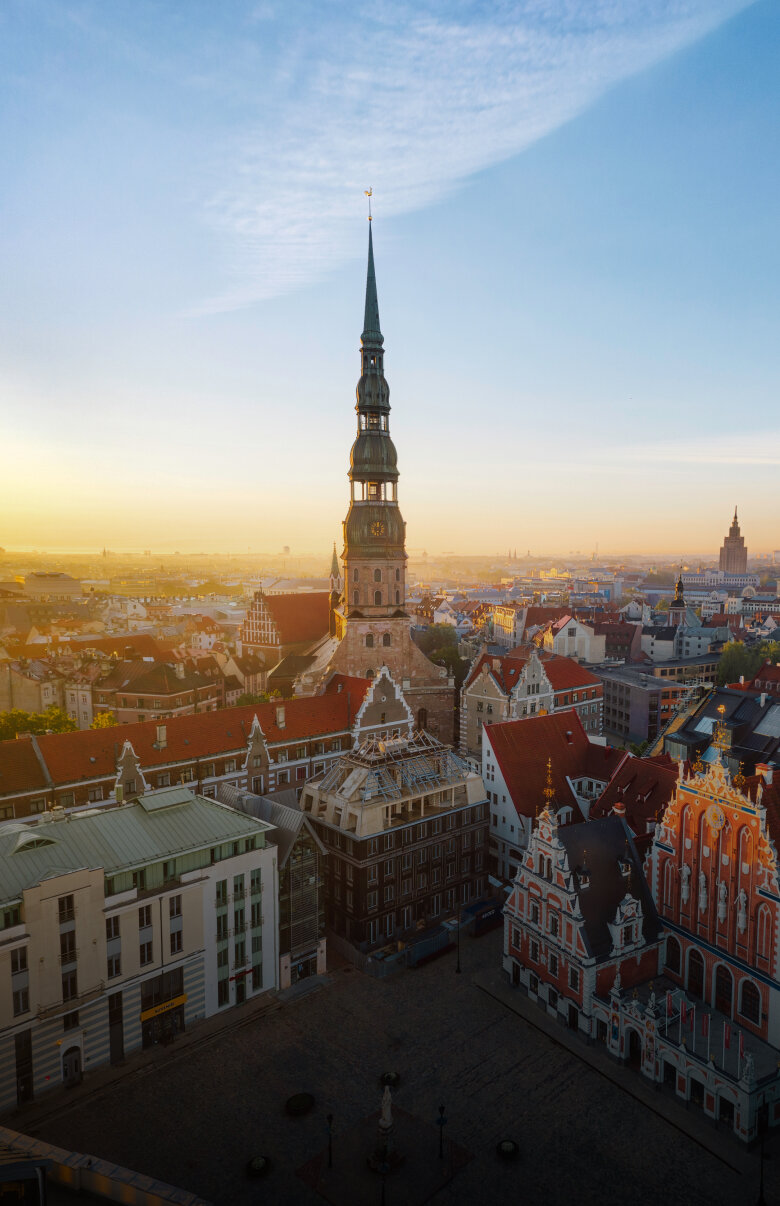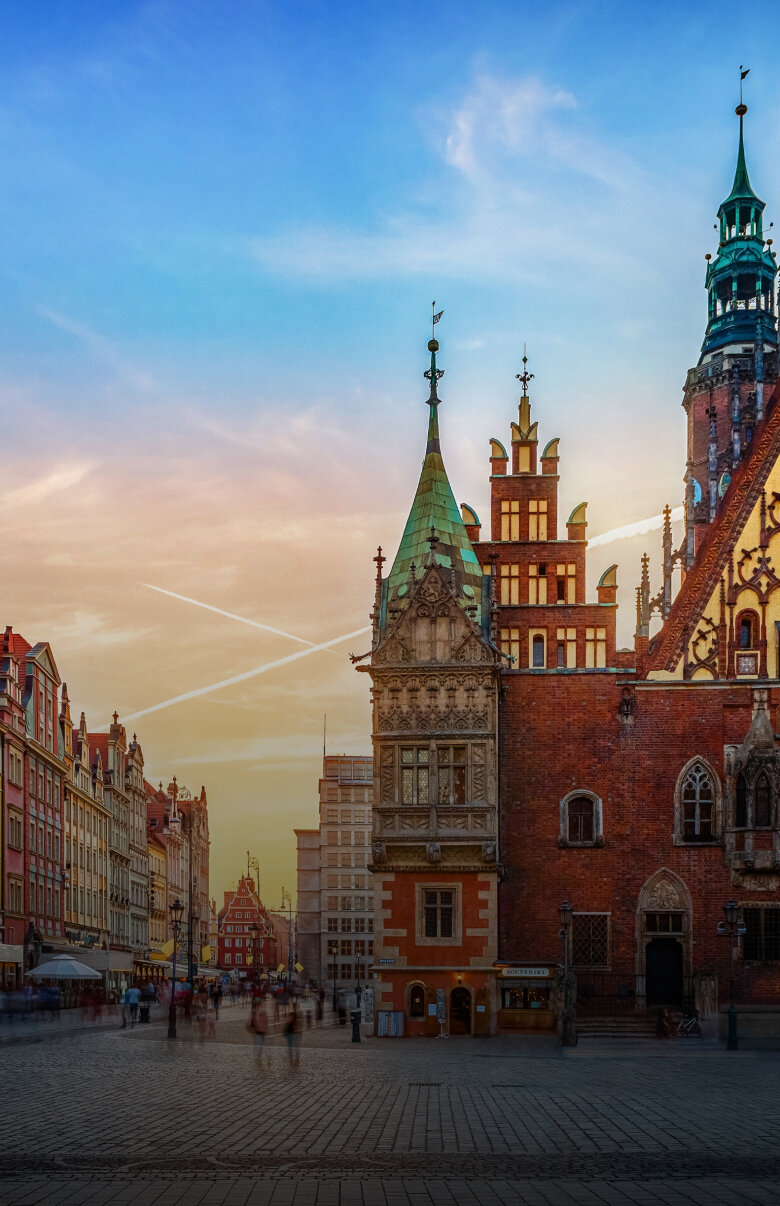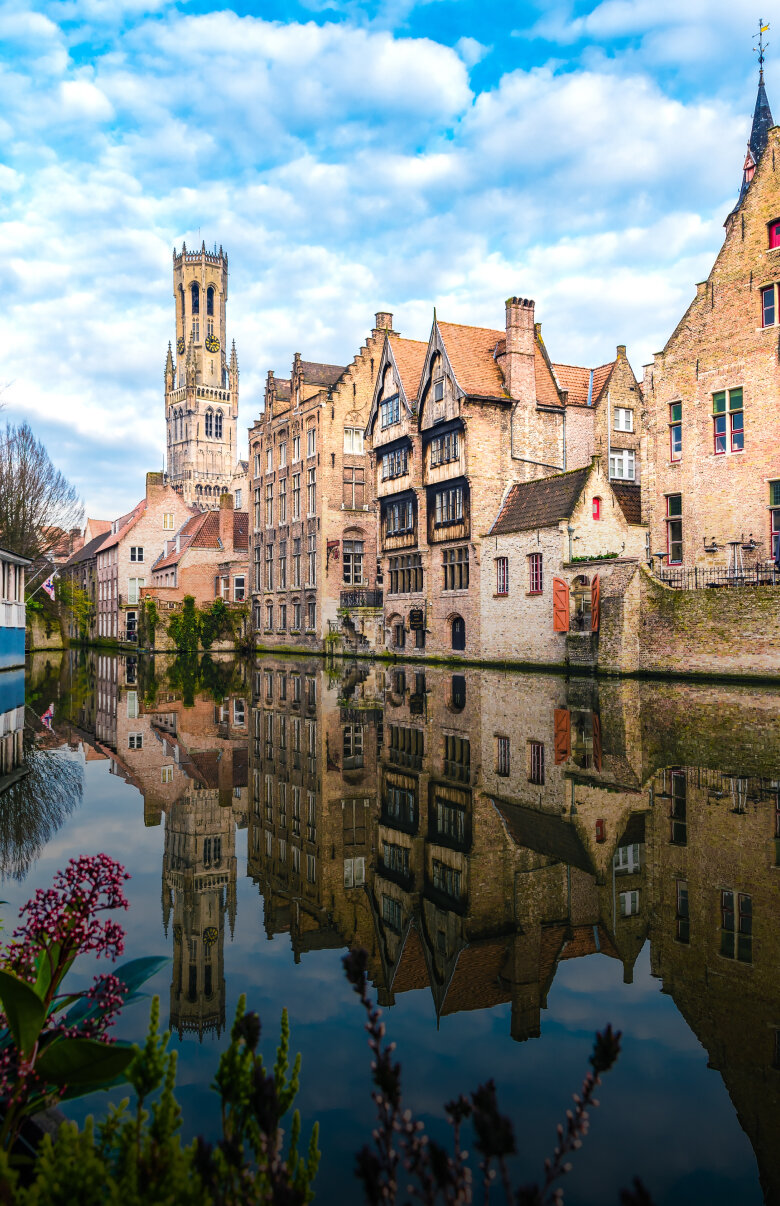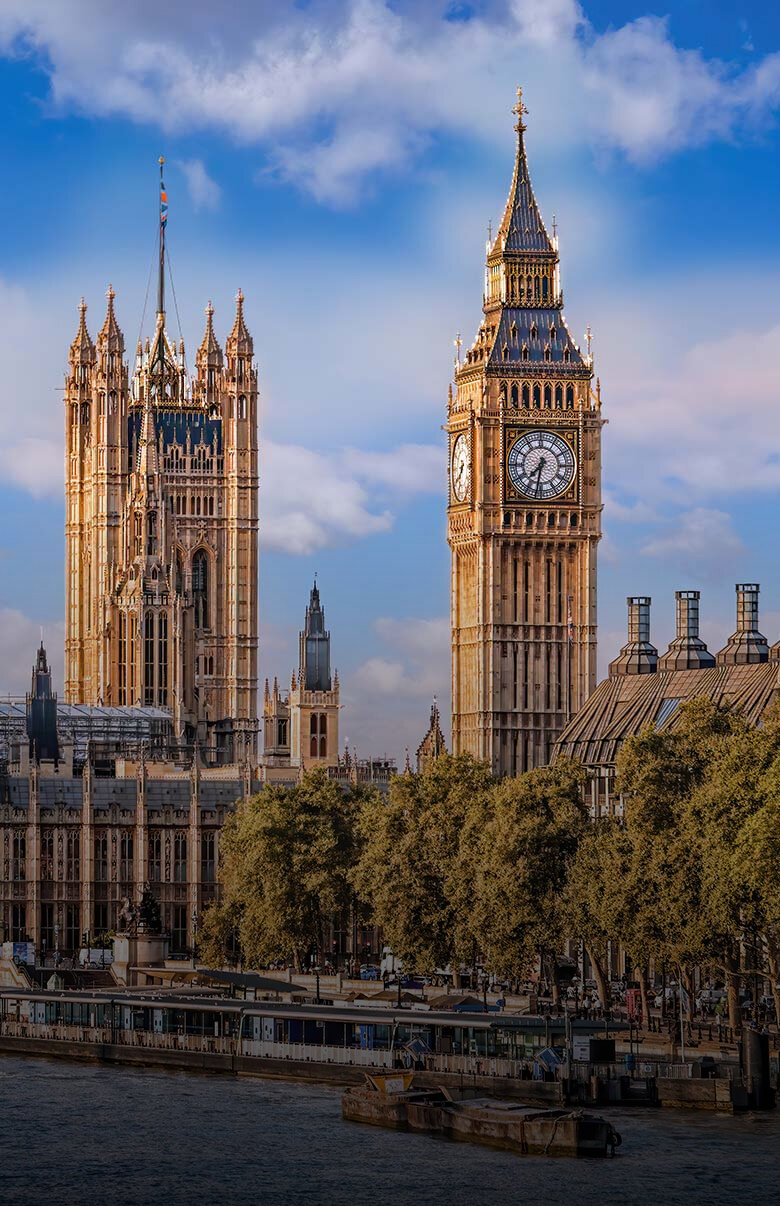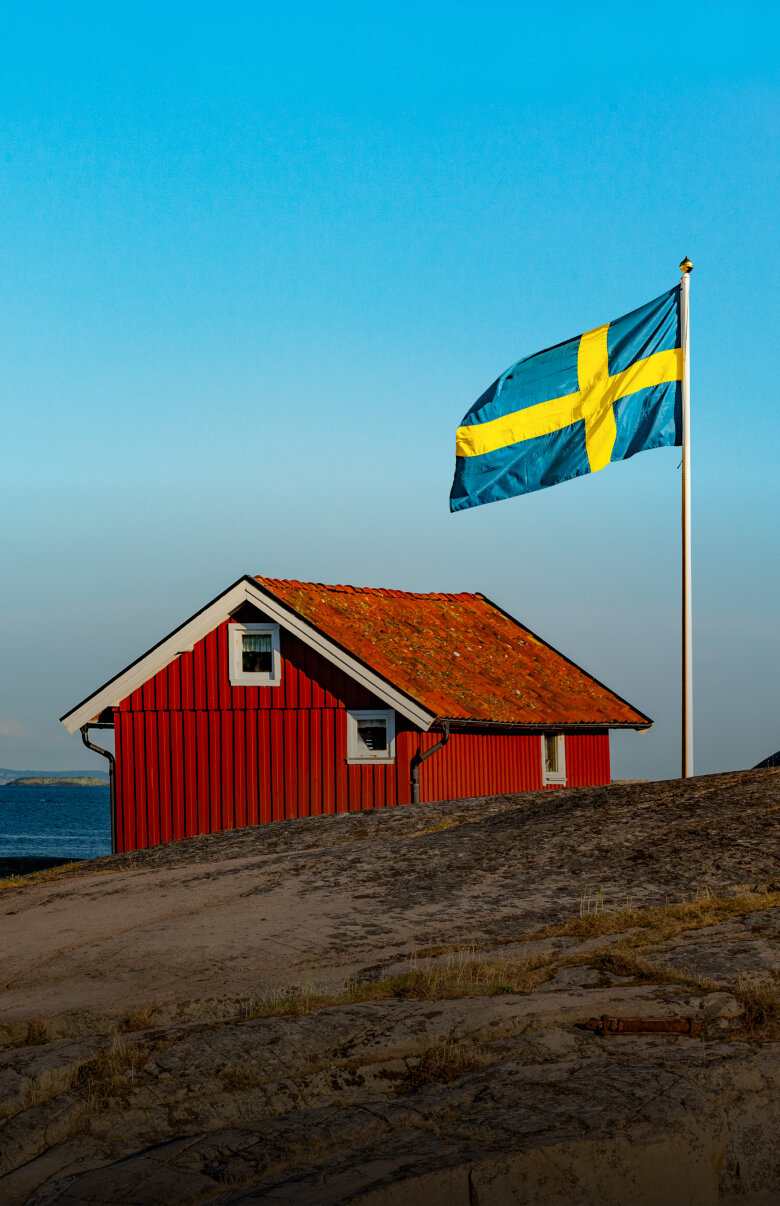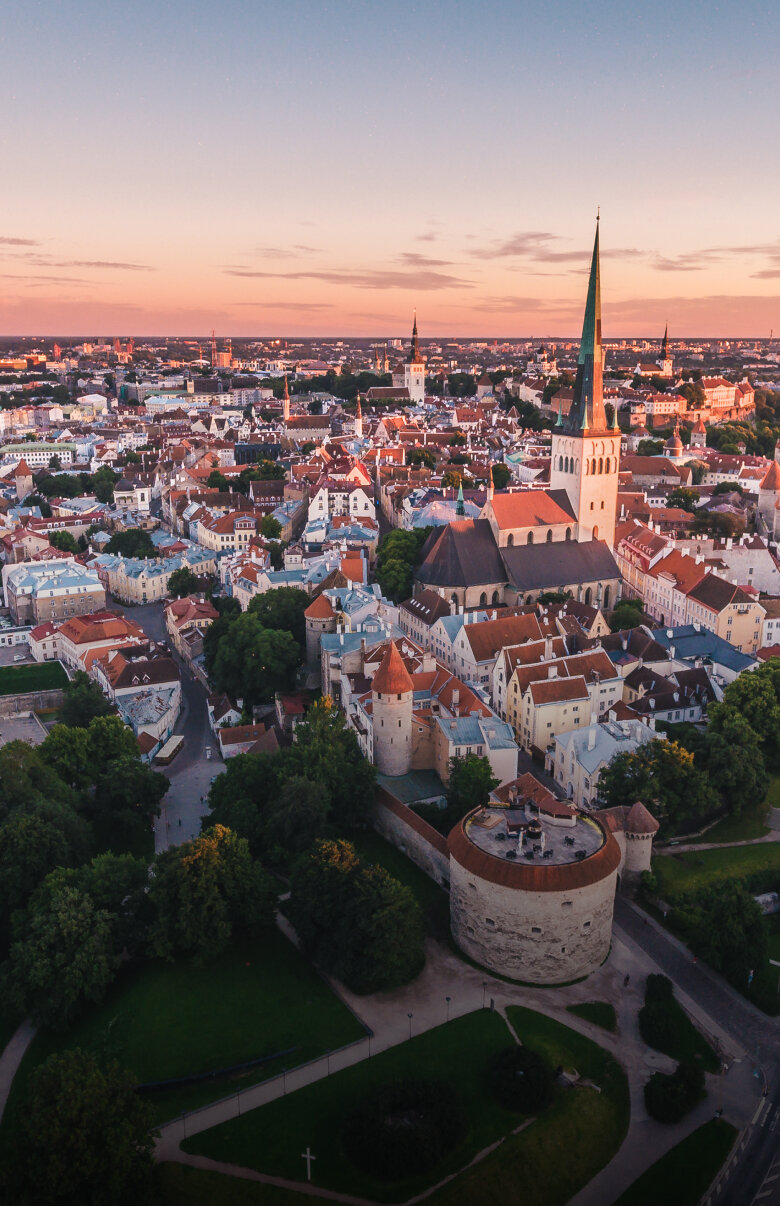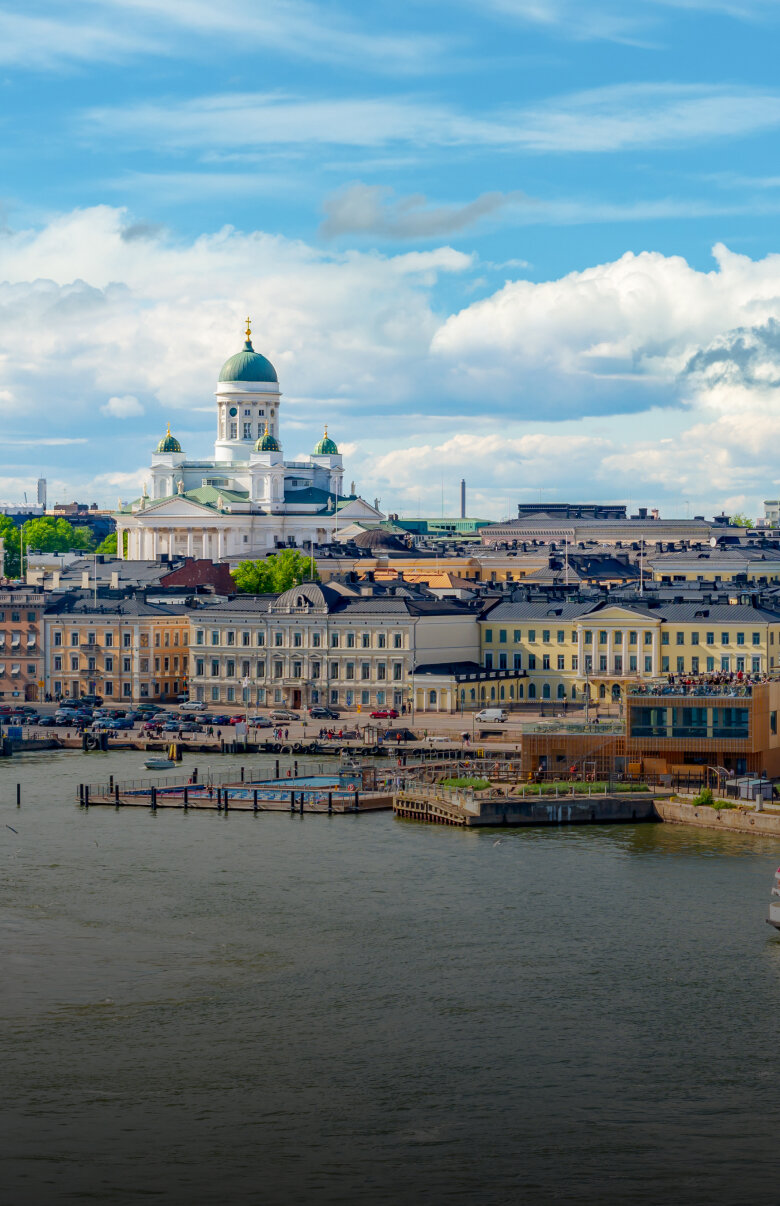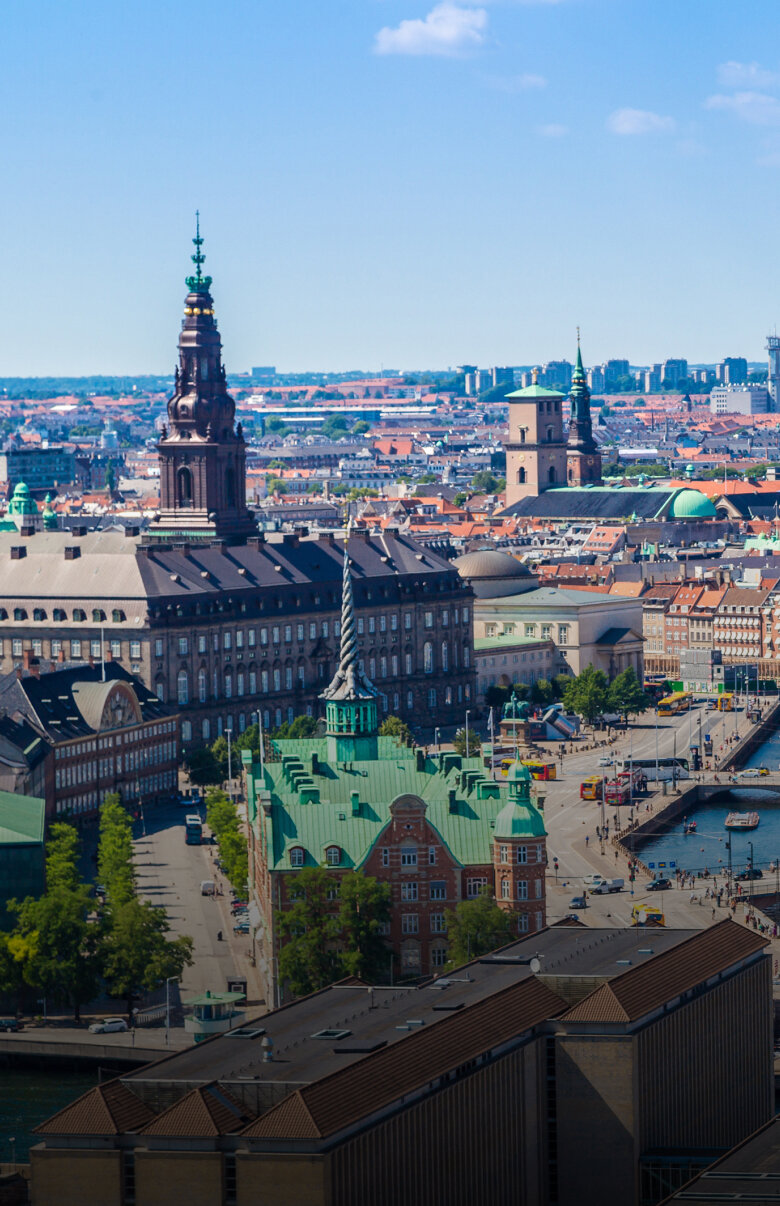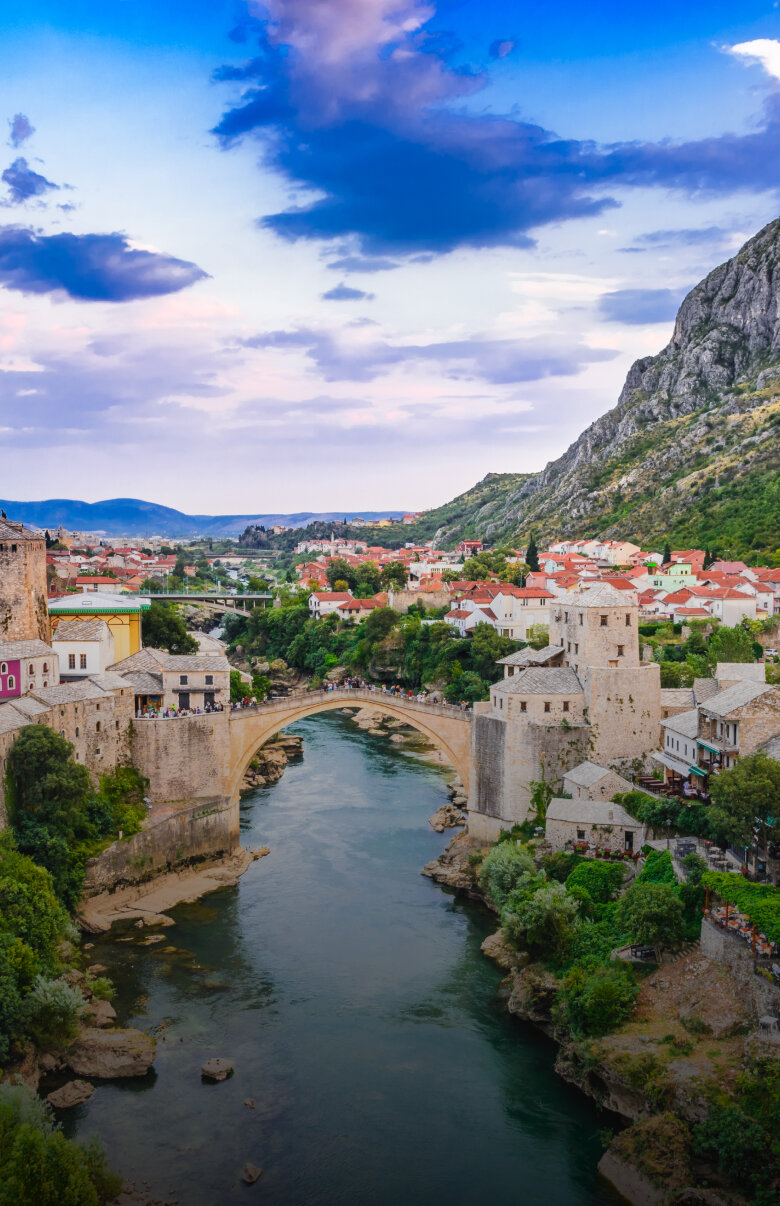Studying medicine in Norway
Auch wenn wir derzeit keine direkten Programme in Norwegen anbieten, beraten wir dich gerne kostenlos zum Medizinstudium in den o.g. Ländern.
Advantages of studying medicine in Norway
Studying medicine is also very popular in Norway and is characterised by various special features.High quality teaching
Norway's medical training programmes are among the best in Europe. In particular, the strong focus on research and practical experience ensures that students are excellently prepared for the medical profession after completing their studies.Numerous exchange opportunities around the world
The medical universities in Norway offer their students the opportunity to complete internships or semesters abroad. Thanks to numerous collaborations with other countries such as Australia, Uganda, India or Thailand, but also Germany, the doors are open for you to familiarise yourself with the study and healthcare system in other countries.No tuition fees
You do not have to pay tuition fees at Norwegian universities. Studying is free for students from Norway and the EU.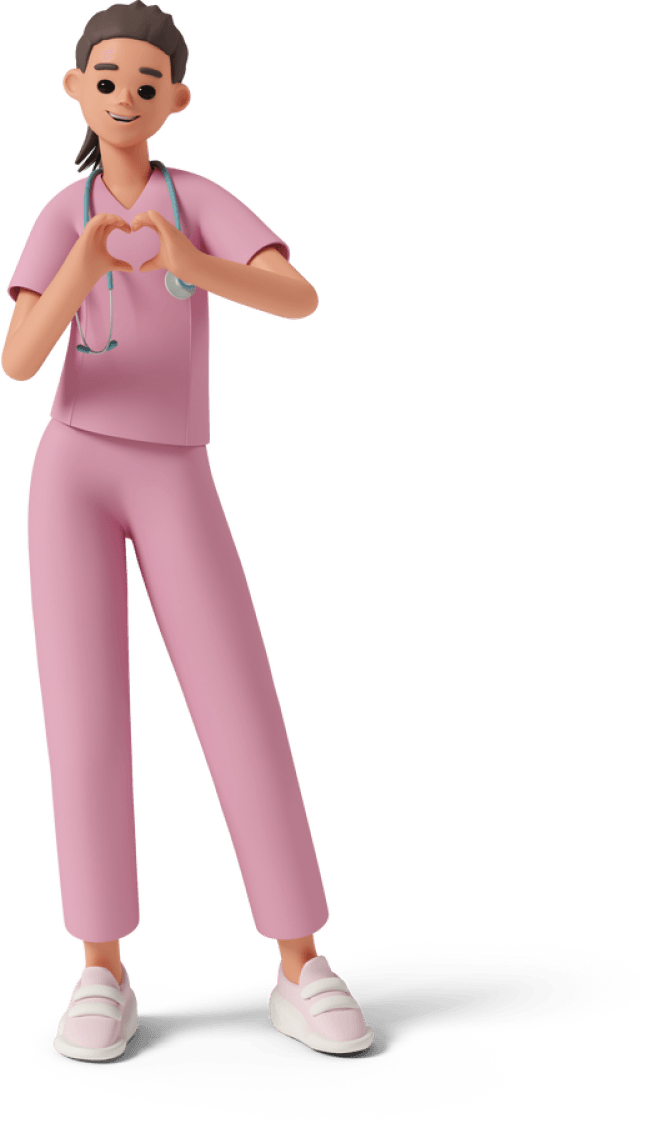
Study medicine abroad with futuredoctor
Do you dream of studying medicine, but the chances of getting a place in your home country are slim? We can help you find a suitable study place abroad.
Advantages at a glance:
- EU-wide recognised qualifications
- Study in English or German
- > 95% Success rate
- > 1.500 Studienplätze vergeben
From the selection of universities and support in the application process to orientation and finding accommodation - we are at your side.
Studying medicine in Norway - The universities
There are six medical universities in Norway where you can start your studies. However, lectures are held exclusively in Norwegian at all universities. If you have an affinity for the language, the only thing standing in your way is a language course.Norwegian University of Science and Technology (NTNU) Faculty of Medicine
NTNU medical students have three options: They can either study the full six years in Trondheim or transfer to Alesund or Levanger after the second year. Everyday study consists of lectures, group work and tutorials. Much of the learning takes place in small groups in hospitals and in the municipal healthcare system. There is a wide range of student organisations to make the time after lectures exciting. You can join a choir, work out in a sports club or get involved in humanitarian projects.University of Bergen (Universitetet i Bergen Medisinske Fakultet, UiB)
Die Medizinische Fakultät ist eine der sieben Fakultäten der Universität Bergen. Dort erwartet dich ein abwechslungsreicher Studienalltag mit herausragendem theoretischem Unterricht und langen Praktika in Krankenhäusern und Arztpraxen.Für die Medizinstudierenden gibt es eine große Auswahl an Organisationen, in denen man sich engagieren kann. Du kannst beispielsweise im Akademischen Komitee der Medizin tätig werden oder Mitglied einer Studierendengruppe im Bereich „Kultur und Gesellschaft“ oder „Outdoor-Aktivitäten und Sport“ werden.Universitetet i Oslo Medisinske Fakultet, Oslo
When you start your medical studies at the University of Oslo, you can benefit from the modern teaching facilities and highly qualified staff at the Faculty of Medicine. Life at UiO is more than just studying. There is room in your student budget for nice accommodation, cosy places to spend time with your fellow students and numerous sports facilities. There are gyms, a swimming pool, a climbing wall, ball sports fields and several sports clubs.Universitetet i Tromsø Helsevitenskapelige Fakultet, Tromso
The Faculty of Health Sciences, also known as Helsefak, is the largest of the six faculties at UiT. The medical degree programme there is characterised by a high proportion of practical work and students work with patients from the outset. The university's medical research is recognised both nationally and internationally.Studying medicine in Norway - The requirements
To be accepted at a medical university in Norway, you need a university entrance qualification. It is therefore not possible to start your studies without a high school diploma. Not surprising? There are countries where you can Studying medicine with a specialised baccalaureate absolvieren kannst.Die Medizinstudienplätze in Norwegen sind beliebt. Mit guten Abiturnoten, guten Noten in naturwissenschaftlichen Fächern und einer langen Belegzeit dieser Fächer kannst du punkten.Als Student/in aus der EU benötigst du kein Studierendenvisum, um in Norwegen zu studieren. Wenn du die norwegischen Sprachanforderungen erfüllst, welche obligat für das Medizinstudium sind, kannst du dich genauso bewerben, wie einheimische Studierende auch.Die Sprachanforderungen sind erfüllt, wenn du den „The Bergen Test“ auf höherem Niveau bestehst und ein B2 oder besser in der mündlichen Kommunikation erlangst. Außerdem sind gute Englischkenntnisse erwünscht. Im TOEFL iBT Test solltest du eine Mindestpunktzahl von 60 Punkten haben, im IELTS 5,0.How is the medical degree programme structured in Norway?
How long does it take to study medicine in Norwegen? Der Aufbau des Medizinstudiums in Norwegen ist je nach Medizinuniversität etwas unterschiedlich. An allen Universitäten erstreckt es sich die Dauer des Medizinstudiums über sechs Jahre. Es gliedert sich grob in drei Phasen:In den ersten beiden Studienjahren erhältst du eine Einführung in die Grundlagenwissenschaften und medizinischen Grundkonzepte. Außerdem verbringst du alle zwei Wochen mit deiner Kleingruppe drei Stunden in einer Hausarztpraxis, um die richtige Kommunikation mit Patientinnen und Patienten zu lernen. In den Skills-Laboren der Universität erhältst du eine systematische Ausbildung in klinischen Untersuchungstechniken unter Anleitung von Ärztinnen und Ärzten.Im anschließenden zweiten Studienabschnitt liegt der Schwerpunkt auf den klinischen Fächern wie Innere Medizin, Chirurgie, Gynäkologie oder Anästhesie. Während dieser Jahre hast du mit deiner Kleingruppe wöchentlichen Dienst im Krankenhaus und triffst auf Patientinnen und Patienten auf Stationen, in Ambulanzen oder Praxen. In der Regel arbeitest du jeweils zwei Wochen in jeder Abteilung. Im fünften Jahr des Studiums absolvierst du ein circa viermonatiges Vollzeitpraktikum im Krankenhaus sowie ein dreimonatiges Praktikum in einer somatischen Praxis.Im letzten Jahr schreibst du deine Masterarbeit und verbringst ein Praxissemester in verschiedenen medizinischen Einrichtungen, wie im Krankenhaus, in der Psychiatrie und im kommunalen Gesundheitsdienst.Während deines Studiums wird das Wissen in Form von schriftlichen und mündlichen Prüfungen erfragt. Während in den ersten drei Jahren die Prüfungen ausschließlich im Sommersemester stattfinden, gibt es ab dem vierten Studienjahr sowohl Prüfungen im Frühling als auch im Herbst.How much does it cost to study medicine in Norway?
To give you your Financing medical studies abroad zu können, bedarf es gründlicher Überlegungen zu den entstehenden KostenDas Medizinstudium in Norwegen ist für Studierende aus der EU frei von Studiengebühren.Die Kosten des Medizinstudiums, die du einplanen musst, bestehen also hauptsächlich aus deinen Lebenshaltungskosten. Diese sind in Norwegen etwas höher als in Deutschland. Die Mietpreise können zwischen 500 Euro und 1.000 Euro liegen und auch die Kosten für Lebensmittel sind etwas höher. Die Gesamtausgaben können sich also auf etwa 1.000 Euro bis 1.500 Euro im Monat belaufen.Vor Antritt deines Studiums solltest du dir Gedanken über die Finanzierung und ein mögliches Scholarship that can take the pressure off you during your time at university.Country and people: What you didn't know about Norway
- Scenic superlatives: In addition to the sixth highest waterfall (Vinnufossen) and the deepest fjord in the world (Sognefjord), Norway is also home to the largest mountain plateau in Europe, which is also home to the continent's largest herd of reindeer.
- Norway is one of the best-educated countries in Europe, because 46.5% of Norwegians have a university degree as of 2022. The Norwegian population also reads a lot: on average 15 books a year.
- Water march! Almost 99 per cent of Norway's electricity is generated from hydropower, which is more than in any other country in the world.
What should I bear in mind when applying to study medicine in Norway?
You can apply via the website of the Admissions Service for Norwegian Universities and Colleges (Samordna opptak). To apply there, you need a permanent or renewable residence permit in Norway. In addition, you must apply within the Application deadlines provide proof of all your relevant education with officially certified copies of certificates and diplomas in the original language and a certified translation.Are you ready to realise your dream of studying medicine in Norway? Contact us today and start your journey with futuredoctor. We look forward to accompanying you on your journey and working with you to realise your dream of a career in medicine.Would you like to complete your studies in another northern country? Then take a look at the following countries: Medical studies Estonia, Medical studies Finland, Medical studies Latvia, Medical studies Sweden, Medical studies Lithuania, Medical studies Denmark.Starting signal
What are you waiting for? 🎉
Order your information pack now, find out more about studying medicine abroad and get started as a medical student!
FAQs on studying medicine in Norway
What makes studying medicine in Norway special?
Are there tuition fees for studying medicine in Norway?
Which universities in Norway offer a medical degree programme?
What are the requirements for studying medicine in Norway?
How is the medical degree programme structured in Norway?
What does it cost to live while studying in Norway?
What are some interesting facts about Norway?
What should I bear in mind when applying to study medicine in Norway?
What are the languages of instruction at Norwegian medical universities?
30 countries for your medical studies
The Netherlands
Groningen, Maastricht, Amsterdam, Leiden, Utrecht, Rotterdam
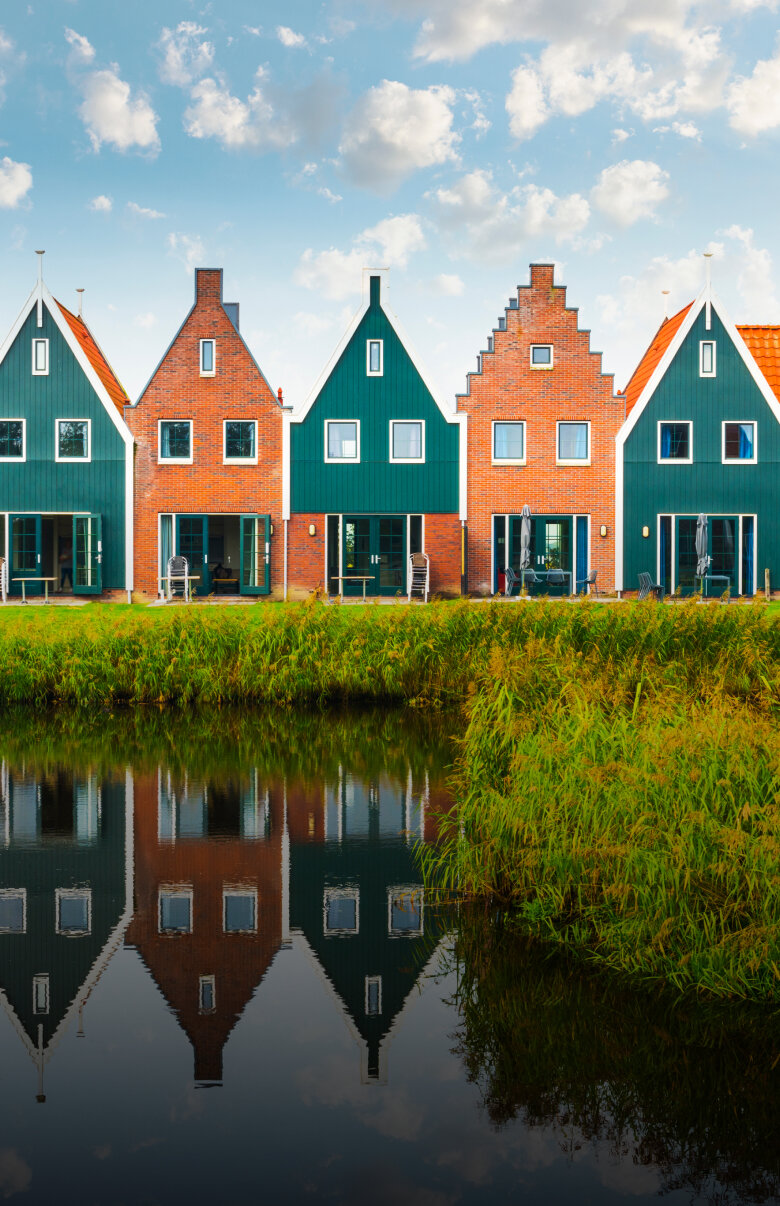
Switzerland
Basel, Fribourg, Berne, Geneva, Zurich, Neuchâtel, Lausanne

